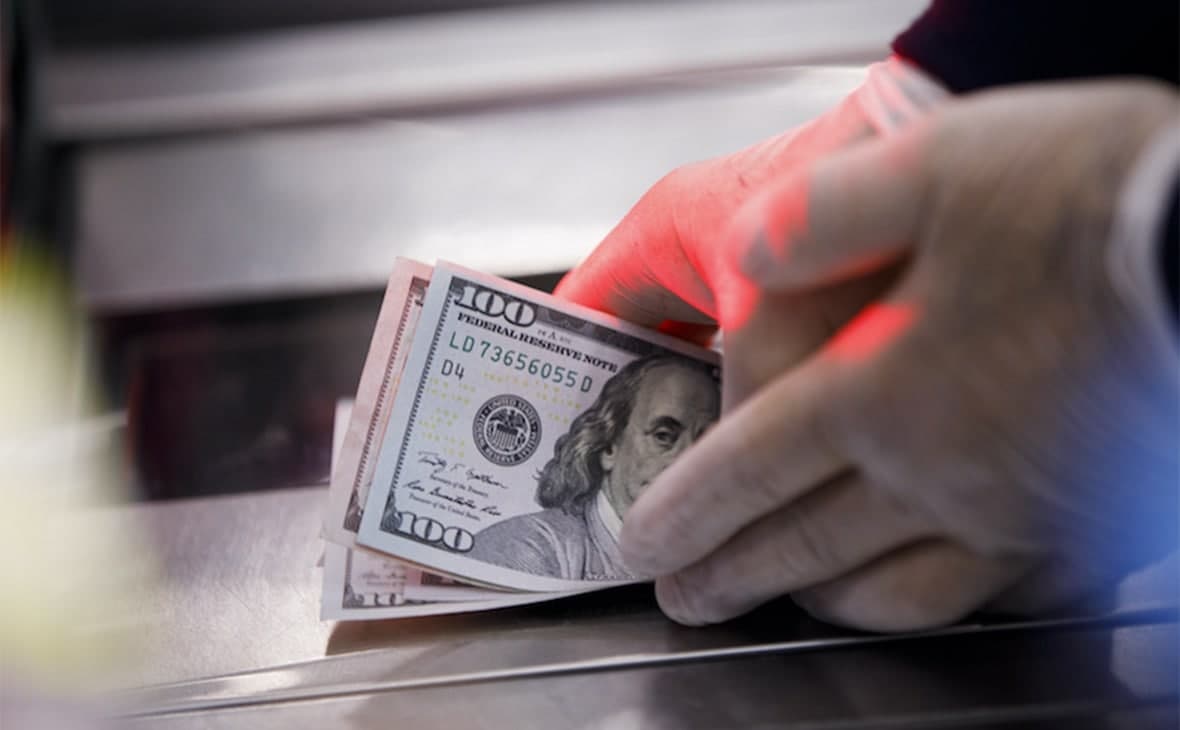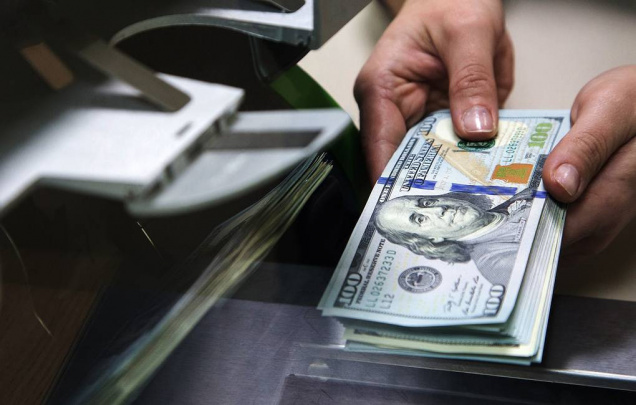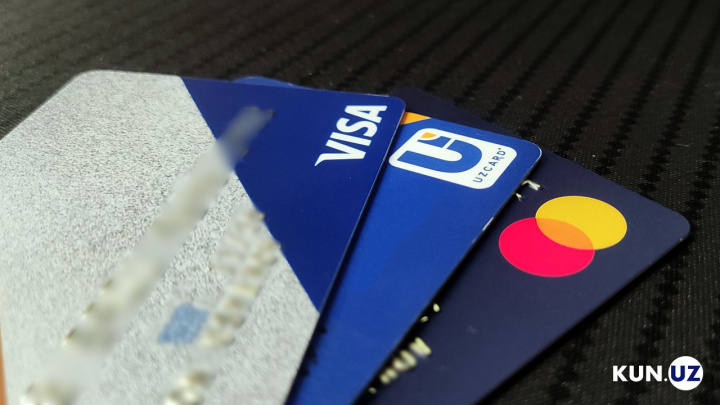Commercial banks and businesses being imposed a limit for carrying out currency transactions
At the request of the Central Bank, now business entities can carry out currency transactions only in the bank where the main account is opened. Entrepreneurs will need to get a positive conclusion from the relevant structure of the bank to buy foreign currency. Banks have been warned that their participation in the currency exchange will be restricted if they do not comply with the new requirements.

Photo: Reuters
Starting from September 18, the Central Bank of Uzbekistan is strengthening the requirements for foreign exchange transactions for commercial banks. Such a decision was made at the meeting of the CB Banking Supervision Committee on September 15, Gazeta.uz reported referring to several independent sources in the banking sector.
It is known that the operations related to the purchase of foreign currency and currency operations of economic entities are now required to be carried out only by the banks with which their main account has been opened.
In addition, banks were instructed to establish strict control over operations related to the sale of foreign currency to entrepreneurs. The sale of foreign currency to entrepreneurs is carried out based on the conclusions of the expert groups headed by the structural units of the banks – the deputy chairmen of the banks.
Banks are also prohibited from transferring funds in national currency from the main accounts of clients to secondary accounts in other banks for the purpose of currency conversion.
In addition, the banks were instructed to take measures to close the secondary special currency accounts opened in other banks by business entities that have clients. In other words, customers should close their special accounts in other banks, have only one account, that is, make the conversion through only one bank.
It is noted that special currency accounts are used for currency exchange in order to maintain accounting and movement of the purchased currency within the country. The currency exchanged in the special account can be used for payment under the import contract or for other purposes provided for by the conversion. Free currency from exports or other income will be deposited into the current currency accounts of clients.
In addition, according to the publication’s source, transactions on satisfied applications are allowed to be completed within 7 working days from the date of purchase of the currency. The interlocutor said that this may mean that now banks will consider the applications of businessmen to buy foreign currency within 7 days. That is, it is estimated that currency funds will be transferred to the customers' accounts within a week after the order for the purchase of foreign currency is placed. Currently, this process takes about a day.
At the same time, another Gazeta.uz source expressed doubt that this interpretation of the regulator’s order is correct, because exchange rates change every day, as a result, the exchange rate on the day the order for the purchase of foreign currency is made by the entrepreneur and the exchange rate on the day the currency is credited to the entrepreneur’s account are different. According to him, it may be about the client’s obligation to use the purchased foreign currency funds within 7 days from the moment they are deposited into his special currency account (such clauses already exist in some bank contracts).
In this situation, there is a need for clear explanations from the Central Bank.
According to the report, the heads of all commercial banks have been warned that in case of non-fulfillment of the new requirements, restrictions on foreign exchange operations will be imposed, as well as restrictions on banks’ participation in trades at the Republican Currency Exchange.
For information, since the beginning of this year, the depreciation of the soum against major foreign currencies has reached 8%. For comparison, the devaluation of the soum last year did not reach 4%. Since the beginning of the year, gold-currency reserves have also decreased by $3.1 billion.
Related News

16:06 / 11.02.2026
Export revenues and remittances drive currency market surplus in Uzbekistan

16:09 / 09.02.2026
Cashless transactions surge as bank card usage rises across Uzbekistan

12:01 / 09.02.2026
Uzbekistan’s international reserves hit record $75bn

20:00 / 05.02.2026



